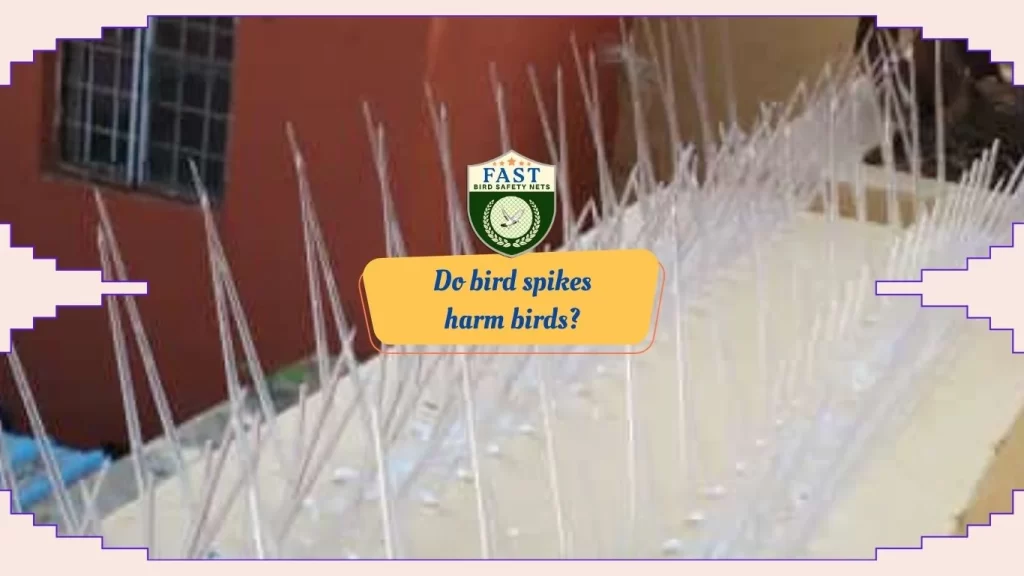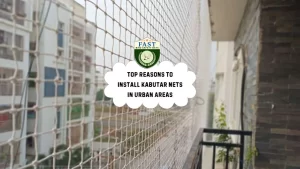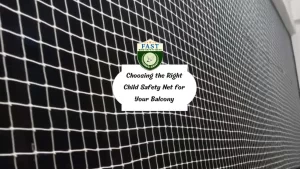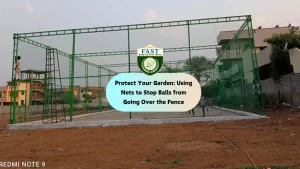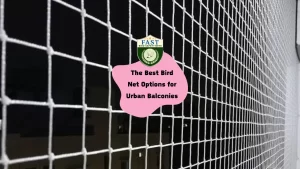Bird spikes are a common method used to deter birds from landing or roosting on buildings, ledges, or other structures. While bird spikes are designed to be a deterrent rather than a harm to birds, there are some considerations to keep in mind.
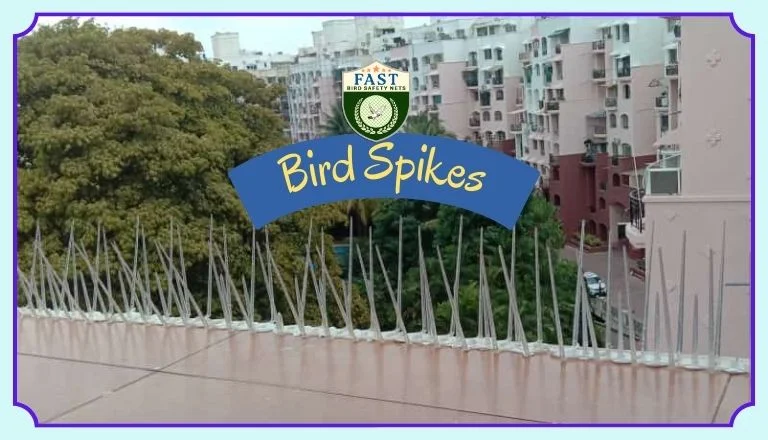
Bird spikes consist of rows of pointed spikes made from materials like stainless steel or plastic. When installed correctly, these spikes create an uncomfortable surface for birds to land on, discouraging them from roosting in the area. However, the spikes themselves are not intended to cause harm to birds.
Fast Safety Nets Hyderabad, a provider of bird control solutions, prioritizes humane methods of bird deterrence. While bird spike is effective at preventing birds from perching or nesting in unwanted areas, they do not cause physical harm to the birds. Instead, they encourage birds to seek alternative roosting spots that are more comfortable and safe.
It’s essential to ensure that bird spike is installed correctly to minimize any potential risks to birds. Improper installation or maintenance could lead to injuries if birds become entangled in the spikes. Fast Safety Nets Hyderabad employs experienced professionals who are trained to install bird spikes safely and effectively, reducing the risk of harm to both birds and humans.
Additionally, it’s important to note that bird spike isjust one tool in a comprehensive bird control strategy. Fast Safety Nets Hyderabad offers a range of bird control solutions, including bird netting and bird repellents, to address different bird-related issues effectively.
In conclusion, while bird spikes are an effective method of bird deterrence, they are not intended to harm birds. When installed correctly by professionals like Fast Safety Nets Hyderabad, bird spikes provide a humane and effective solution for keeping birds away from unwanted areas. By choosing humane bird control methods, you can effectively manage bird-related issues while ensuring the well-being of both birds and humans.

